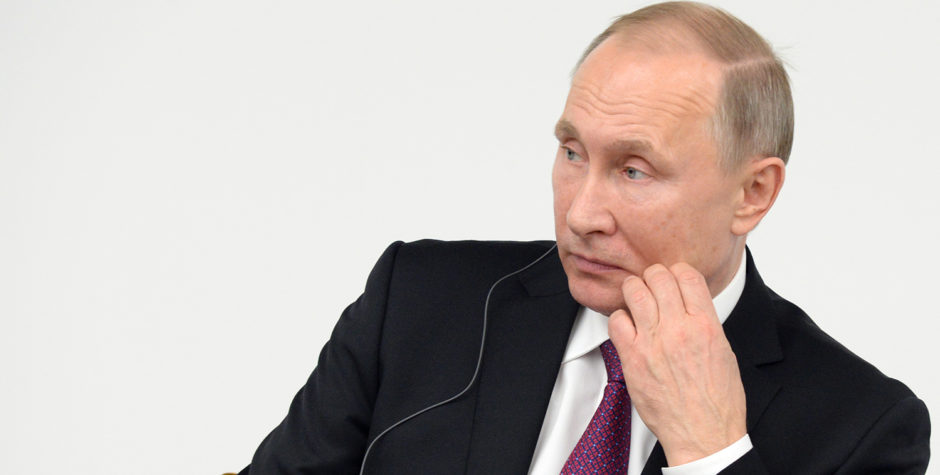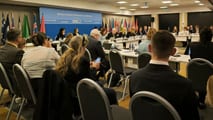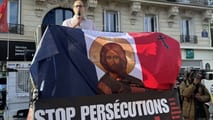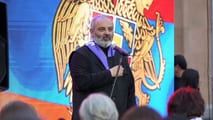
Russia will not be leaving the Council of Europe this summer after all…
In a surprising turn of events, the Parliamentary Assembly of the Council of Europe decided on 24 June 2019 to lift the sanctions it took against Russia following the country’s annexation of the Crimean Peninsula in 2014. These measures were aimed primarily at depriving the Russian delegation of its right to vote in the Parliamentary Assembly sessions.
In response, Russia decided to halt its budgetary contributions to the Council of Europe, thus resulting in a shortfall of 30 million euros each year, which put the institution into a financial crisis. The decision to lift the sanctions came after the Committee of Ministers declared itself in favour of the move on 17 May 2019.
The return of the Russian delegation to Strasbourg is good news for our partner organisation, the Slavic Center for Law and Justice, as was long anticipated by one of its attorneys, Mr. Stanislav Kulov. Mr. Kulov participated in a seminar on “the new challenges to the freedom of religion in Europe” co-organised by the representative of the Patriarchy of Moscow (the governing entity of the Russian Orthodox Church) and the ECLJ at the Council of Europe on 13 December 2018.
As he explains in the attached video interview, continued Russian involvement in the Council of Europe preserves the ability of Russian citizens to bring applications before the European Court of Human Rights. As also mentioned in the video, this seminar addressed the ongoing “Pussy Riots” feminist movement in Russia initiated by a musical group of the same name.
In the end, it appears that the sanctions enacted by the Council of Europe had no effect on Russia and eventually came back to hurt the institution, even putting its very existence in jeopardy. The departure of Russia from the Council would have severely weakened it, as it would have effectively lost its largest Member State. Such a departure would have also opened the door to the eventual withdrawal of other nations from the Council.
Thus, the Council of Europe has once again been forced to make concessions to a powerful member State, as happened previously with Turkey in the disagreement over that country’s ongoing occupation of northern Cyprus.
The weak against the strong, and the strong against the weak… such is the reality that imposes itself on every political institution, even one in charge of protecting human rights, the rule of law, and the values of democracy. Despite its recent concession to Russia, it is likely that the Council of Europe will continue to be intransigent and uncompromising in other ways, such as with Poland, Slovakia, and Hungary on the question of abortion and the rights of the LGBTQ community.













